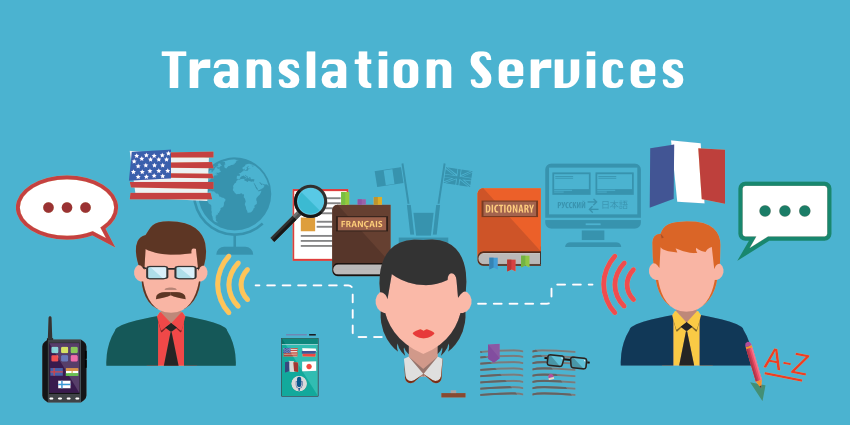In a globalized world where communication knows no boundaries, the need for accurate and reliable translation services has become paramount. Whether it's a legal document, medical records, or business contracts, the accuracy of translation can make or break a deal, a legal case, or even a life. This is where certified translation plays a crucial role. Certified translation ensures that a translated document is accurate, authentic, and legally binding. In this article, we will delve into the significance of certified translation and why it is essential for a wide range of industries and purposes.
The Importance of Certified Translation
Legal Validity
- Certified translation holds legal validity in official government agencies, courts, and other institutions.
- It is a guarantee that the translation accurately reflects the content of the original document.
Accuracy and Precision
- Certified translators are highly skilled and experienced professionals who ensure accuracy and precision in the translation process.
- They have a deep understanding of both languages and cultures involved, ensuring that nuances and subtleties are accurately conveyed.
Trust and Credibility
- Certified translation adds an extra layer of trust and credibility to the translated document.
- It gives assurance to the parties involved that the translation is accurate and reliable.
Who Needs Certified Translation?
Legal Industry
- Law firms and legal professionals often require certified translation for contracts, court documents, and other legal materials.
- Accurate translation is crucial in legal proceedings where even a minor error can have significant consequences.
Medical Sector
- Hospitals, clinics, and pharmaceutical companies rely on certified translation for medical records, research papers, and patient information.
- Precision and accuracy in medical translation are vital for ensuring the safety and well-being of patients.
Business and Finance
- Businesses involved in international trade and commerce need certified translation for contracts, financial reports, and marketing materials.
- Accurate translation helps in building trust with foreign partners and expanding business opportunities globally.
The Process of Certified Translation
Translation by a Qualified Professional
- A certified translator with expertise in the subject matter of the document performs the translation.
- They ensure that the translated document is accurate, consistent, and culturally appropriate.
Certification and Notarization
- Once the translation is completed, the translator provides a signed statement certifying the accuracy of the translation.
- Some documents may require notarization to validate the authenticity of the translation.
Delivery of Certified Document
- The certified translation is delivered to the client along with a copy of the original document.
- The translated document bears the seal and signature of the translator, indicating its certification.
Conclusion
Certified translation is not just a convenience but a necessity in today's globalized world. It ensures that language barriers do not impede communication and commerce, and that information is accurately conveyed across cultures and borders. Whether it's for legal, medical, or business purposes, certified translation plays a vital role in facilitating smooth and accurate communication. By entrusting your translation needs to certified professionals, you can rest assured that your documents are in safe hands.
